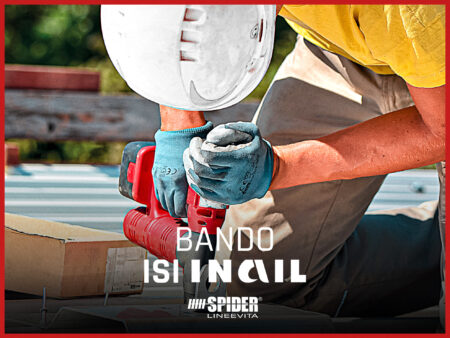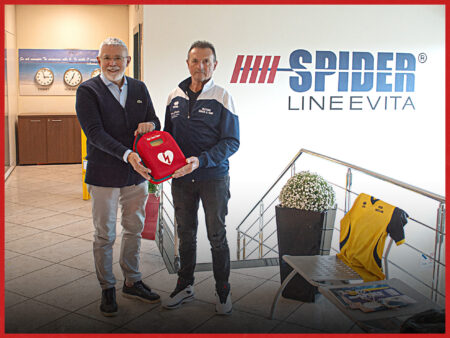On 16 February, the UNI 11900 standard (Non-regulated professional activities – Installer of anchoring systems – Requirements of knowledge, skills, autonomy and responsibility) came into force, which regulates the professional activity of the installer of anchoring systems, defining the requirements in terms of knowledge and skills. Previously, June 2022, there had already been the revision of UNI 11560 where the figures relating to the assembly, disassembly and inspection of the installed system were defined.
The new standard in detail
Anchoring system installer – It is the figure that performs the installation of the permanent lifeline following the specifications of the project that contains an analysis of the structure, loads and elements that affect the design of the product and the installation of the same.
In order to define whether or not the figure is suitable for the execution of the installation or dismantling of an anchoring system, regulatory lines related to autonomy and responsibility consistent with the National Qualification Framework (QNQ) are followed, allowing transparency and homogeneity in terms of compliance and related certification procedures.
The professional activity of the Installer of anchoring systems is qualified on three grades: basic – intermediate and advanced. The grades thus mentioned are explained in the legislation by defining in detail the specific tasks and activities. (see Chapter 4)
Also in Chapter 5 the points relating to the knowledge, skills, autonomy and responsibilities associated with the professional activity are made through a concise table to facilitate rapid understanding.
The standard is completed with three appendices. Appendix A defines the useful elements on the applicable conformity assessment methods, developed taking into account the content in the field of voluntary technical standardization and conformity assessment (UNI CEI En ISO / EC 17000); Appendix B sets out the applicable ethical and ethical aspects, including a general framework to create a solid basis for a culture of professional integrity in order to protect consumers, users and relevant stakeholders. Finally, appendix C contains the minimum requirements regarding the non-formal training of the installer in the field of theoretical contents, products, processes and controls
Source: Ente UNI – https://www.uni.com/
 Agevolazioni
Agevolazioni
 Events
Events